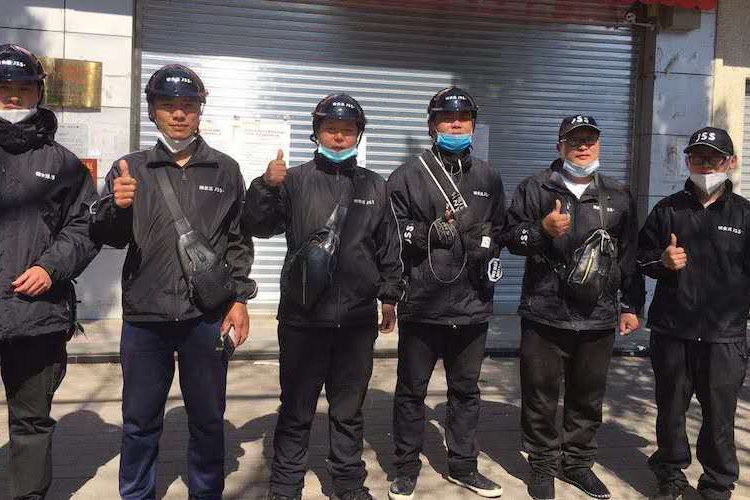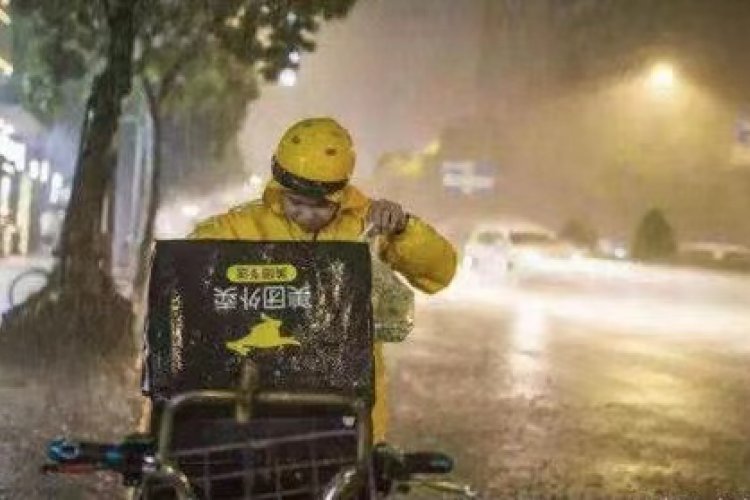Beijing Pushes to Improve Working Standards for City's Delivery Men
Two trends define China’s current labor market: simultaneous focus on increasing worker protection, and unemployment instability as the country transitions from a manufacturing to a consumption-based growth hub with slowing growth. While official data shows that the country is on target to reach the desired 11 million new jobs for 2019, this number does not caption the instability experienced by workers in low-skill jobs. Many workers employed in manufacturing are now transitioning into the fast-growing service sector, at times trading increased pay for stable working conditions.
Major cities like Beijing are attempting to increase standards for workers in less regulated sectors, including food delivery and transportation. In late October, the Beijing Municipal Postal Administration, Municipal Human Resources and Social Security Bureau, and the Municipal Medical Insurance Bureau jointly held a conference and implementation training meeting for 14 major delivery brands, including Post Express, SF, Jingdong, Zhongtong, and Yunda. The training focused on the promotion of standards within the express shipping industry and issued a notice titled “Notice on the Development of Strengthening the Protection of the Rights and Interests of Employed Persons."
The notice includes these key elements:
- Employers must clearly state that delivery workers are entitled to labor protections, contracts, and corresponding employer-employee obligations
- Employers' need to ensure worker safety, including through proper hygiene practices, moderating the impact of extreme temperatures, and conducting regular vehicle safety inspections
- Reiterates that businesses must provide special protection for female employees and juvenile workers
The notice also promises other professionalization measures within the delivery industry. It states that the Beijing government will add professional review mechanisms, set up a five-tiered advancement structure for logistics focused engineers, and increase professional development opportunities.
Beijing has previously implemented widespread labor policies in the name of worker protection, with mixed effects. Following a massive fire on the outskirts of the city in fall 2017, municipal leaders evicted migrant workers working in the services industry. This measure led to widespread backlash and created shortages in daily services, including taxis and food delivery.
READ: How to Use China's Food Delivery Apps for (Hungry) Dummies
Images: SCMP







